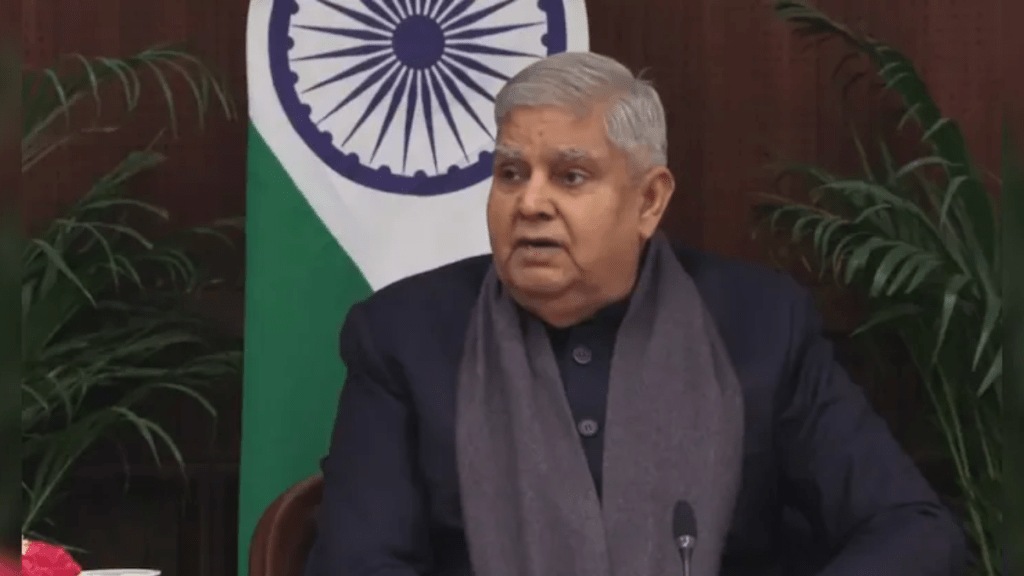Vice President Jagdeep Dhankhar’s decision to resign has sparked widespread political and public curiosity, but historical precedent shows that this is not the first time a sitting Vice President of India has stepped down before completing their term.
Jagdeep Dhankhar submitted his resignation citing health reasons and is reportedly expected to abstain from attending the ongoing Parliament session.
Formal letter to President cites health as reason
In a letter addressed to President Droupadi Murmu, Dhankhar said his resignation would take effect immediately.
“To prioritise health care and abide by medical advice, I hereby resign as the Vice President of India, effective immediately, in accordance with Article 67(a) of the Constitution,” his letter read.
In the letter, he thanked the President “for her unwavering support and the soothing wonderful working relationship we maintained during my tenure”.
“I express my deep gratitude to the Hon’ble Prime Minister and the esteemed Council of Ministers. Prime Minister’s cooperation and support have been invaluable, and I have learned much during my time in office,” the letter read.
While this move came as a surprise to many, it its important to note that Bhairon Singh Shekhawat, who served as India’s 11th Vice President from 2002 to 2007, also resigned from the post in July 2007.
Shekhawat’s resignation came after he unsuccessfully contested the presidential election against UPA candidate Pratibha Patil. Following his defeat, he chose not to complete his term and instead submitted his resignation, marking one of the rare instances of a Vice Presidential exit in Indian political history.
Rare but not first: Shekhawat’s 2007 resignation offers historical precedent
Dhankhar’s case differs in that it is not triggered by electoral defeat but appears to be linked to health concerns, according to sources. However, his move now adds his name to the short list of Vice Presidents who have left office mid-term, showing that such exits, while rare, are not unprecedented.
With the resignation now official, the focus is likely to shift toward the political implications and the selection of the next Vice President.

